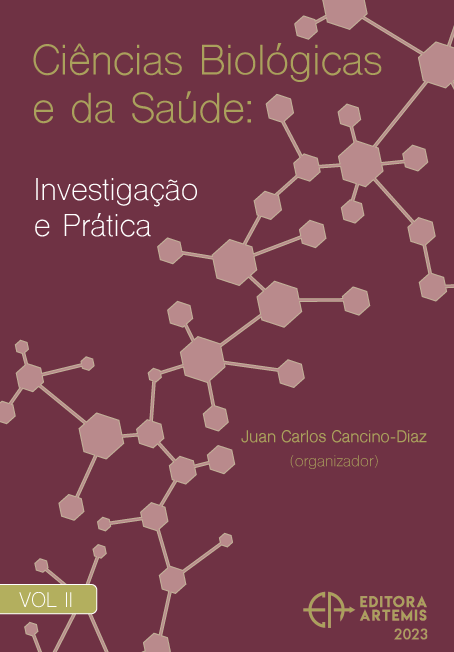
MATERNIDAD TRANSNACIONAL: UN DESAFÍO PARA LOS SERVICIOS SANITARIOS
Objetivo: Identificar los itinerarios terapéuticos de las mujeres latinoamericanas que viven en Salamanca, a través de su proceso migratorio.Métodos: Estudio cualitativo de tipo etnográfico, realizado a partir de observación participante, grupos focales y una entrevista semiestructurada a 14 mujeres latinoamericanas inmigrantes y 6 entrevistas abiertas a profesionales de instituciones públicas sanitarias y organizaciones no gubernamentales. La entrevista semiestructurada incluyó como temáticas principales: el proceso migratorio y los itinerarios terapéuticos, y las entrevistas a los profesionales: Frecuencia de uso de los servicios, perfil epidemiológico, y seguimiento y evaluación de indicadores sanitarios.Resultados: Las mujeres definen el proceso salud-enfermedad como multidimensional y a través de una simbología religiosa. La relación entre salud-vida-bienestar, y Dios, se mantiene como una combinación necesaria para estar, y afrontar las dinámicas de su cotidianidad. Se identificaron como determinantes del uso de los servicios sanitarios: la falta de humanización del personal sanitario, la xenofobia, la calidad y oportunidad, el tiempo de consulta y espera, la organización de los servicios, y el enfoque de medicina familiar. La morbilidad sentida incluye enfermedades emocionales y psicosomáticas como la depresión, asociadas a la ausencia de sus hijos y la constante preocupación por su bienestar. Las mujeres trasmiten y proveen conocimientos y cuidados tradicionales, aprendidos en su país de origen, que utilizan ante procesos de enfermedad. Los profesionales reconocen las condiciones sociales y laborales de las mujeres latinoamericanas, y su falta de tiempo para acudir al médico.Conclusión: La maternidad trasnacional se presenta como un desafío para los servicios de salud, ya que, al ser las protagonistas del proceso migratorio, han asumido roles de responsabilidad, cuidado, y mantenimiento económico de familias transnacionales; que, sumados a las condiciones jurídicas para la obtención de sus derechos, y la percepción de la atención sanitaria, colocan en primer lugar el empleo, y posteriormente la salud.
MATERNIDAD TRANSNACIONAL: UN DESAFÍO PARA LOS SERVICIOS SANITARIOS
-
DOI: 10.37572/EdArt_2502237502
-
Palavras-chave: Proceso migratorio, maternidad transnacional, servicios de salud, itinerarios terapéuticos
-
Keywords: Migratory process, transnational motherhood, health services, therapeutic itineraries.
-
Abstract:
Objective: To identify the therapeutic itineraries of Latin American women living in Salamanca, through their migration process.Methods: Qualitative ethnographic study, carried out from participant observation, focus groups and a semi-structured interview with 14 immigrant Latin American women and 6 open interviews with professionals from public health institutions and non-governmental organizations. The semi-structured interview included as main topics: the migration process and therapeutic itineraries, and interviews with professionals: Frequency of use of services, epidemiological profile, and monitoring and evaluation of health indicators.Results: Women define the health-disease process as multidimensional and through a religious symbolism. The relationship between health-life-well-being, and God, remains a necessary combination to be, and face the dynamics of their daily life. The following were identified as determinants of the use of health services: the lack of humanization of healthcare personnel, xenophobia, quality and timeliness, consultation and waiting time, the organization of services, and the family medicine approach. The perceived morbidity includes emotional and psychosomatic illnesses such as depression, associated with the absence of their children and the constant concern for their well-being. Women transmit and provide traditional knowledge and care, learned in their country of origin, which they use in the face of disease processes. Professionals recognize the social and labor conditions of Latin American women, and their lack of time to go to the doctor.Conclusion: Transnational motherhood is presented as a challenge for health services, since being the protagonists of the migratory process, they have assumed roles of responsibility, care, and economic maintenance of transnational families; that added to the legal conditions for obtaining their rights, and the perception of health care, put employment first, and then health.
-
Número de páginas: 19
- Carolina Garzón Esguerra
- Lourdes Moro-Gutiérrez

